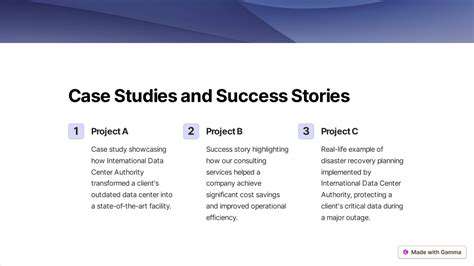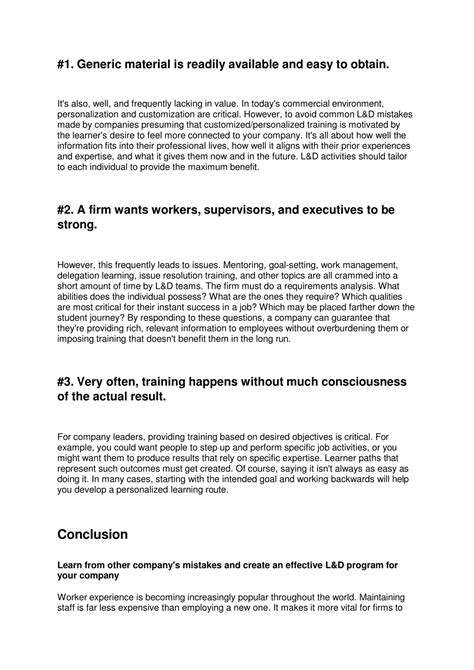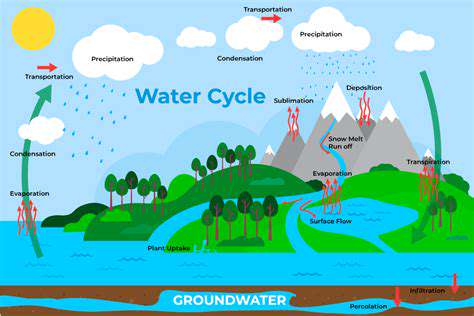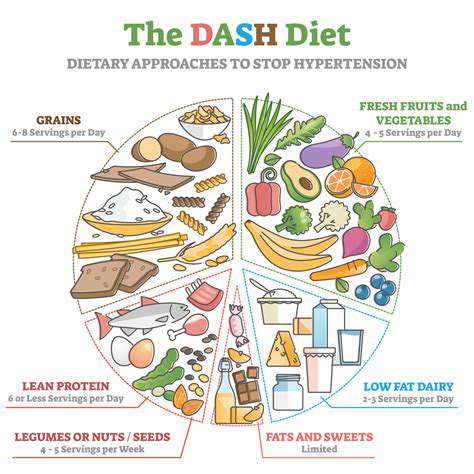Discover expert insights and practical advice on achieving muscle gain with plant-based nutrition, balancing hormones with a ketogenic diet, incorporating Ayurvedic principles into daily life, preparing low-carb lunches for work and school, and using TCM for a balanced weight loss approach
Plant Based for Athletes: Fueling Performance
Sep 25, 2025
Intermittent Fasting for Optimal Health and Weight
Sep 24, 2025
GAPS Diet: Healing the Gut, Healing the Body
Sep 22, 2025
Anti Aging Benefits of Traditional Chinese Medicine
Sep 21, 2025
Vegetarianism: A Beginner's Guide to a Plant Based Life
Sep 21, 2025
Flexitarianism: The Flexible Approach to Healthy Eating
Sep 15, 2025
The Benefits of Whole Grains for Gut Health
Sep 14, 2025
The Five Elements Theory: Understanding Your Body
Sep 13, 2025
Master Your Smoothies: Recipes for Every Need
Sep 12, 2025
DASH Diet: Lowering Blood Pressure Naturally
Sep 12, 2025
Pantry Essentials for a Plant Based Kitchen
Sep 11, 2025



















